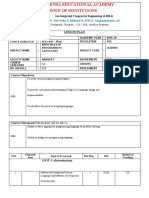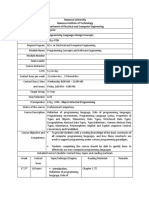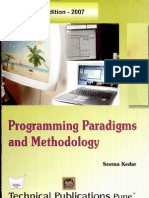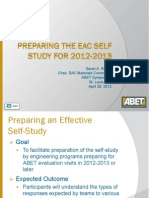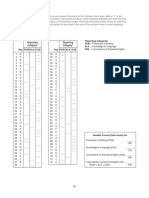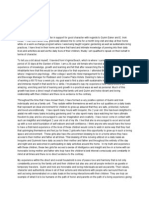0% found this document useful (0 votes)
9 views3 pagesPPL Lessonplan
This document outlines the lesson plan for the Programming Languages course (PPL) for the academic year 2016-17 at Anu Bose Institute of Technology. It details the schedule of lectures covering various topics, including programming concepts, data types, subprograms, abstract data types, and functional programming languages. The plan includes specific dates and topics to be taught each day, providing a comprehensive guide for the course structure.
Uploaded by
roja.nittaCopyright
© © All Rights Reserved
We take content rights seriously. If you suspect this is your content, claim it here.
Available Formats
Download as DOCX, PDF, TXT or read online on Scribd
0% found this document useful (0 votes)
9 views3 pagesPPL Lessonplan
This document outlines the lesson plan for the Programming Languages course (PPL) for the academic year 2016-17 at Anu Bose Institute of Technology. It details the schedule of lectures covering various topics, including programming concepts, data types, subprograms, abstract data types, and functional programming languages. The plan includes specific dates and topics to be taught each day, providing a comprehensive guide for the course structure.
Uploaded by
roja.nittaCopyright
© © All Rights Reserved
We take content rights seriously. If you suspect this is your content, claim it here.
Available Formats
Download as DOCX, PDF, TXT or read online on Scribd
/ 3




























